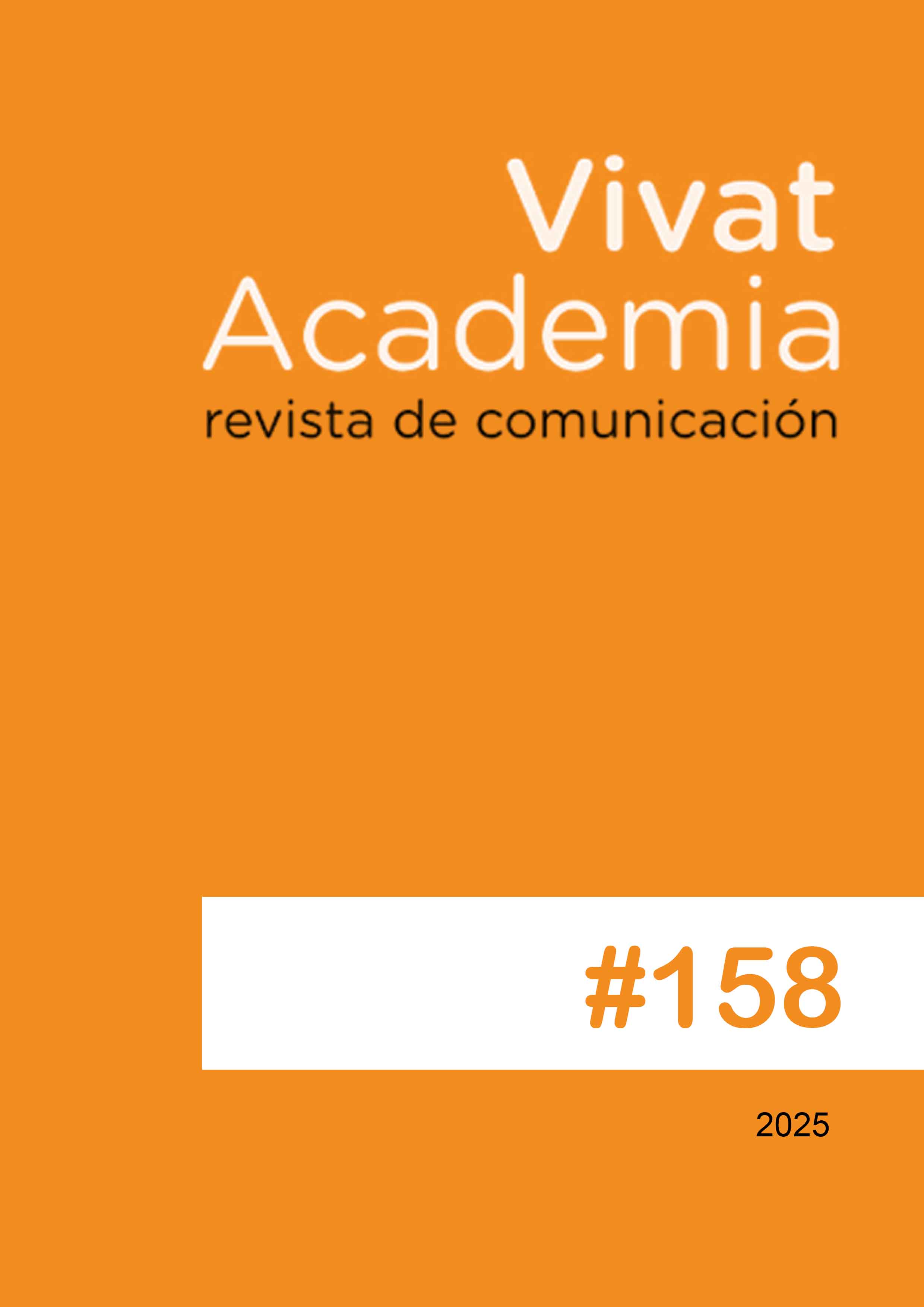Generative artificial intelligence and media trust. An analysis of AI detection in news using GPTZero
Main Article Content
Abstract
Introduction: The use of AI in news generation is a reality that can jeopardize trust in the media. Methodology: The aim of this paper was to analyze through content analysis whether the best platform for detecting the use of AI in texts: GPTZero, is guaranteed to discriminate between news completely elaborated with AI and contents signed by professionals. For this purpose, texts of real news (press and digital) and news elaborated by artificial intelligence (ChatGPT) were analyzed. Results: The results obtained indicated that GPTZero offers a low reliability for detecting texts generated with ChatGPT (7.3%) and that it can signal as false positives contents that have not been elaborated with artificial intelligence. Discussion: The analyses performed with two different algorithms indicated that GPTZero did not discover the full use of ChatGPT in a corpus of news and, likewise, warned of a certain probability of collaborative use of AI (writing by a human with AI support) in news that were signed by professional journalists. Conclusions: The results obtained have generated more doubts than certainties about whether GPTZero can help signal the use of AI or ensure the prestige of the media.
Downloads
Article Details

This work is licensed under a Creative Commons Attribution-NonCommercial-ShareAlike 4.0 International License.
References
Aramburú Moncada, L. G., López-Redondo, I. y López Hidalgo, A. (2023). Inteligencia artificial en RTVE al servicio de la España vacía. Proyecto de cobertura informativa con redacción automatizada para las elecciones municipales de 2023. Revista Latina de Comunicación Social, 81, 1-16. https://doi.org/10.4185/RLCS-2023-1550 DOI: https://doi.org/10.4185/RLCS-2023-1550
Bardin, L. (1991). Análisis de contenido (Vol. 89). Ediciones Akal.
Botha, J. y Pieterse, H. (2020). Fake news and deepfakes: A dangerous threat for 21st century information security. En B. K. Payne y H. Wu (Eds.), ICCWS 2020 15th International Conference on Cyber Warfare and Security (pp. 57-66). Academic Conferences and Publishing International Limited. http://tinyurl.com/3zzbpnte
Deepak, P. (2023). AI and Fake News: Unpacking the Relationships within the Media Ecosystem. Communication & Journalism Research, 12(1), 15-32. http://tinyurl.com/mr3k3d5a
DeVerna, M. R., Yan, H. Y., Yang, K.-C. y Menczer, F. (2023). Fact-checking information generated by a large language model can decrease news discernment. arXiv. https://doi.org/10.48550/arXiv.2308.10800 DOI: https://doi.org/10.1073/pnas.2322823121
Dunne, M. (2023). Data Dive: Fake news in the age of AI. IPSOS. http://tinyurl.com/nbwfzvu9
Franganillo, J. (2023). La inteligencia artificial generativa y su impacto en la creación de contenidos mediáticos. Methaodos. revista de ciencias sociales, 11(2), 1-17. https://doi.org/10.17502/mrcs.v11i2.710 DOI: https://doi.org/10.17502/mrcs.v11i2.710
GPTZero (s.f.) More than an AI detector. Preserve what's human. Recuperado [14 de enero de 2025] de http://tinyurl.com/y7jsnz6s
de-Lima-Santos, M. F. y Salaverría, R. (2021). From data journalism to artificial intelligence: challenges faced by La Nación in implementing computer vision in news reporting. Palabra Clave, 24(3). https://doi.org/10.5294/pacla.2021.24.3.7 DOI: https://doi.org/10.5294/pacla.2021.24.3.7
Longoni, C., Fradkin, A., Cian, L. y Pennycook, G. (2022, June). News from generative artificial intelligence is believed less. En Proceedings of the 2022 ACM Conference on Fairness, Accountability, and Transparency (FAccT '22) (pp. 97-106). Association for Computing Machinery. https://doi.org/10.1145/3531146.3533077 DOI: https://doi.org/10.1145/3531146.3533077
Neuendorf, K. A. (2017). The content analysis guidebook. SAGE Publications, Inc. https://doi.org/10.4135/9781071802878 DOI: https://doi.org/10.4135/9781071802878
Newman, N. (2023). Journalism, media, and technology trends and predictions 2023. Reuters Insitute for the Study of Journalism. https://doi.org/10.5287/bodleian:NokooZeEP
PR Noticias (s.f.) Ranking: Prensa. Recuperado el 24 de octubre de 2023 de http://tinyurl.com/57u3vzaw
Rodríguez-Pérez, C., Seibt, T., Magallón-Rosa, R., Paniagua-Rojano, F. J. y Chacón-Peinado, S. (2023). Purposes, principles, and difficulties of fact-checking in Ibero-America: Journalists’ perceptions. Journalism Practice, 17(10), 2159-2177. https://doi.org/10.1080/17512786.2022.2124434 DOI: https://doi.org/10.1080/17512786.2022.2124434
Sádaba-Chalezquer, C. y Salaverría-Aliaga, R. (2022). I Estudio sobre la desinformación en España. Un proyecto de UTECA y la Universidad de Navarra. http://tinyurl.com/9t5cxb62
Sandrini, L. y Somogyi, R. (2023). Generative AI and deceptive news consumption. Economics Letters, 232, 111317. https://doi.org/10.1016/j.econlet.2023.111317 DOI: https://doi.org/10.1016/j.econlet.2023.111317
Shoaib, M. R., Wang, Z., Ahvanooey, M. T. y Zhao, J. (2023). Deepfakes, Misinformation, and Disinformation in the Era of Frontier AI, Generative AI, and Large AI Models. En 2023 International Conference on Computer and Applications (ICCA) (pp. 1-7). IEEE. https://doi.org/10.1109/icca59364.2023.10401723 DOI: https://doi.org/10.1109/ICCA59364.2023.10401723





